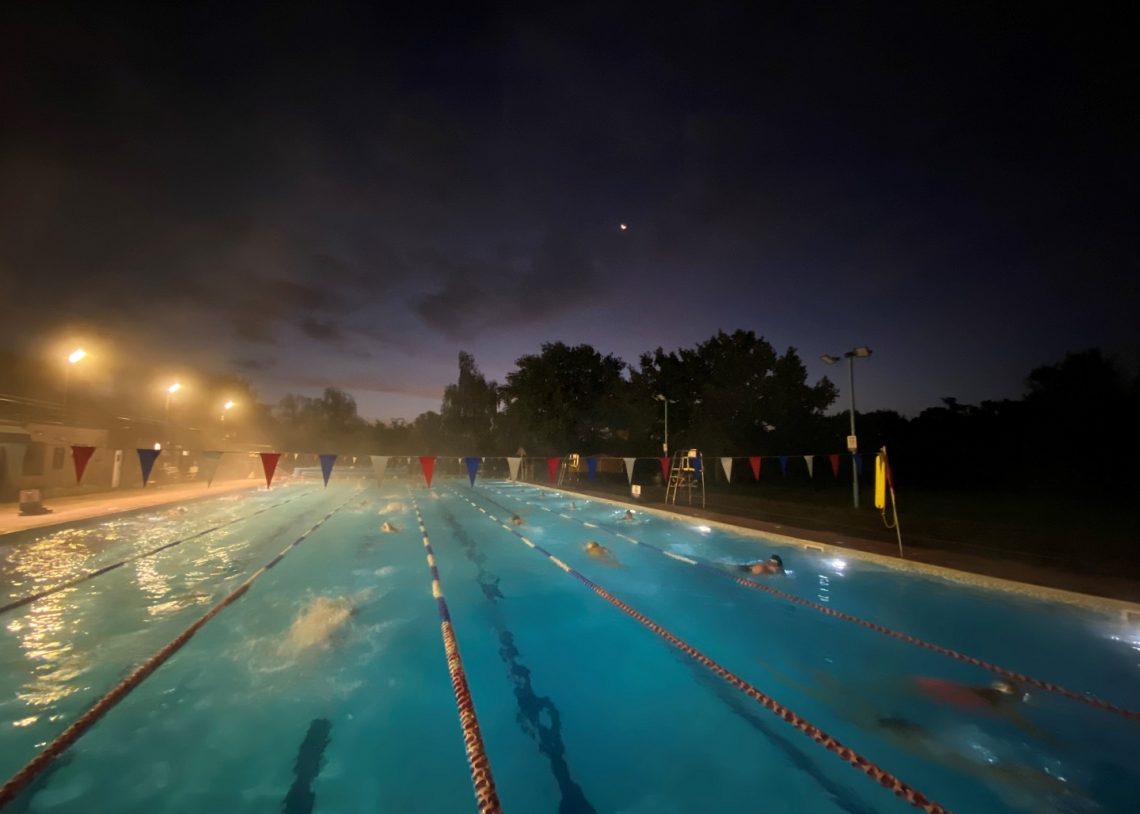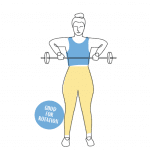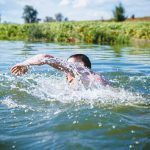
Why is early morning swim training so hard?
And what can you do about it?
We received this question from a subscriber:
Each morning I swim at my local swimming pool before heading off to work. I have found that the first half of my session I feel fatigued, slow and my breathing out of sync. The second half of my training- I feel “up for it” and really in a good frame of mind.
Is there such a thing as early morning fatigue and if so – how do you overcome it?
Our thoughts
There are a couple of things going on here. The first is a general point about swim training. Any time we get into the water, we need to adjust from being land-based creatures to aquatic ones. We need to use a different set of muscles, and our breathing pattern needs to adapt. If we want to swim hard, it will also help to elevate our heart rate. This is why most coaches will give you a warm up at the start of a swim training session. These first few minutes are when you adjust to the water temperature, fire up the right muscles and get used to your swimming breathing rhythm.
When you swim early in the morning, there are more factors acting against you so the process can take longer. Firstly, you may be suffering from sleep inertia, which can last from 15 to 60 minutes after waking – or even longer in some people. You may be dehydrated and hungry. Your body temperature also dips in the night and so you may take longer to warm up for swimming.
What to do about it?
For any swim, regardless of the time of day, you could try starting your warm up before you enter the water. For example, if you walk, cycle or jog to the pool or lake, that will elevate your heart rate. Try to arrive at your session 10 to 15 minutes early and do some land-based warm up exercises such as arm swings and trunk rotations. You can also use elastic cords to mimic the action of your swim stroke and directly engage the relevant swimming muscles.
For morning sessions, the above may mean you have to get up earlier, which is already controversial. I know swimmers who leave getting up for morning training to the very last moment and are practically still asleep when they hit the water. If that’s you, then you won’t like my suggestion to crawl out of bed even earlier. I like to get up at least an hour to 90 minutes before morning training. This gives me time to eat a light snack, relax, read a bit, have a warm drink and properly wake up. However, try not to compromise on sleep as you need to be properly rested to train well. Go to bed earlier.
Morning sessions in the summer tend to be easier as even getting out in the daylight for a few minutes before swimming makes a difference to how awake you feel. In the winter, you could try using a sun lamp alarm to help you wake up more quickly.
If the above is all too much, you have two other options. One is to accept that you need more time before you can put in your best efforts at morning training sessions. Use the time when you’re feeling slow and lethargic to concentrate on swimming with your best possible technique. Allow your body to wake up in its own good time and enjoy the process. The other is to use visualisation. If you can’t prepare your body for a morning swim, at least try to prepare your mind. Imagine yourself swimming strongly and smoothly before you hit the water. You might surprise yourself.
For more on preparing for training sessions, see https://outdoorswimmer.com/coach/how-to-prepare-for-a-swim-training-session/








